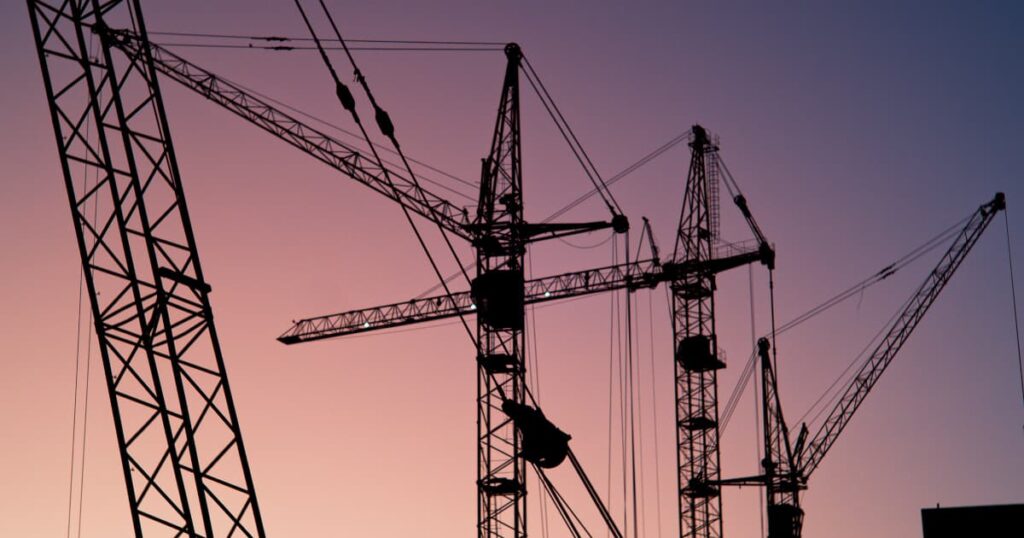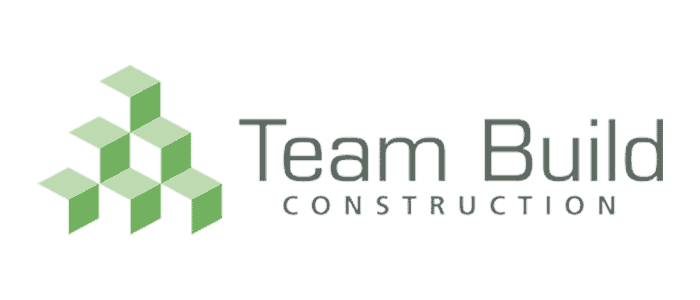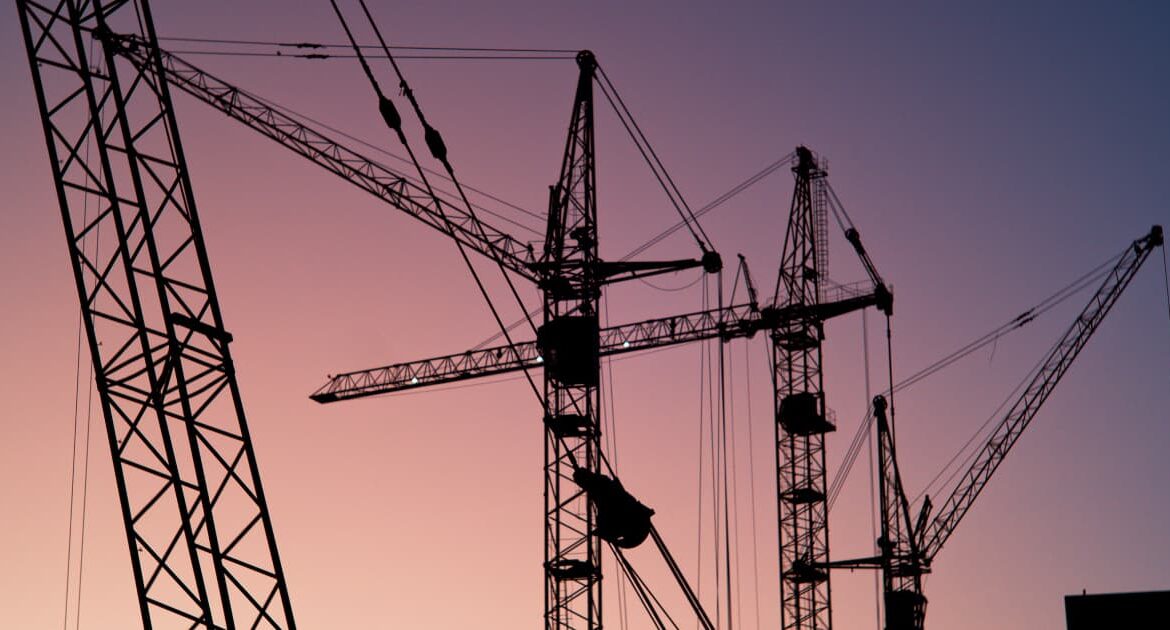
The world is becoming increasingly concerned with sustainability and the impact of different industries on our environment – with businesses across all sectors making changes to boost their eco-status and demonstrate a commitment to long term and sustainable practices.
The construction industry is often cited as one of the most damaging in terms of the environment, not least because of the direct impact of transforming green fields and countryside into different development opportunities. As a result of this, sustainable construction practices have become a talking point in and around the industry – with revisions to building regulations and advances in the use of technology all contributing towards the change that needs to happen to protect our natural world.
With that said, what are the regulations that enable a development to be called sustainable, how important are materials and added features in helping to reduce environment impact, and what should you as a consumer be looking for when seeking out a sustainable constriction company?
What makes a construction company ‘sustainable’?
As one of the top North East construction companies on the market, we like to think that we are not only committed to sustainable practices but also part of the change which embraces smart solutions to optimise and maximise the efficiency of modern buildings, thus reducing their energy consumption and waste.
A big part of this lies in the materials that are used, with renewable and recyclable material sourced where possible, and more attention to detail in terms of quantity ordered so that we are able to effectively minimise on-site waste.
Another major factor which is influencing the modern construction industry is the need to create developments, buildings, and homes which meet the needs of current users but will also facilitate and allow for the needs of future users. That’s why accessibility is now factored into new build designs, and why everything from layout to placement needs to be considered when applying for new development sites – considering commuter routes, through roads, and the potential for traffic as well as future site growth.
All in all, a sustainable construction company can see beyond the need to use renewable and recyclable materials – also understanding that lifestyle factors, long term efficiencies, and operational qualities are integral parts of what makes a construction company sustainable.
The benefits of sustainable construction

The benefits for homeowners and building owners are clear. A sustainable approach to construction means that every building erected is designed with both the present and future in mind. The potential for future repairs and adjustments to meet growing accessibility needs is minimised, while everything from location to layout and design is enhanced according to what makes a building fit for purpose.
In addition, with sustainable and smart solutions comes a drastic reduction in costs – largely relating to the optimised energy efficiency of modern homes which means they cost less to heat, run, and live or work comfortably in.
Not to mention, when your next or future building project is sustainable, you can be sure that your building is both compliant according to regulations and contributing towards a greater sense of environmental urgency in both the private and commercial sectors.
How to make sure your next construction project is as sustainable as possible
When planning your next construction project, we recommend keeping an eye on the future and long term impact of any decisions and plans that you set. Smart home features and sustainable adjustments may cost more upfront, but the long term savings can make the viability of a home or building more sustainable for you both financially and in light of environmental goals – not to mention, for businesses in the corporate and public sector, the environmental drive means that those that don’t embrace sustainable changes are likely to see a drop in loyal customers as consumer seek companies who demonstrate an affinity with green, eco-friendly goals.
As a North East construction company working with both residential and commercial clients, we understand the value of sustainable credentials, with the following tips designed to help you make informed decisions with planning your next project:
- Align budget and output with the long term goals and savings, particularly when seeking sign off from financial directors and stakeholders for commercial builds.
- Consider the lifecycle of various design elements and make material changes that will optimise the lifespan of different elements of your construction.
- Work with your construction company to boost the energy efficiency of the building, through insulation and smart features.
- Ask to see your construction company’s previous project case studies and discuss with them how they plan to keep up to date with building regulations. The best companies will be well informed and able to talk through the regulations, as well as show you examples of updated regulations in practice.
For more information on sustainable construction and to discuss your next project, get in touch with our team today.

